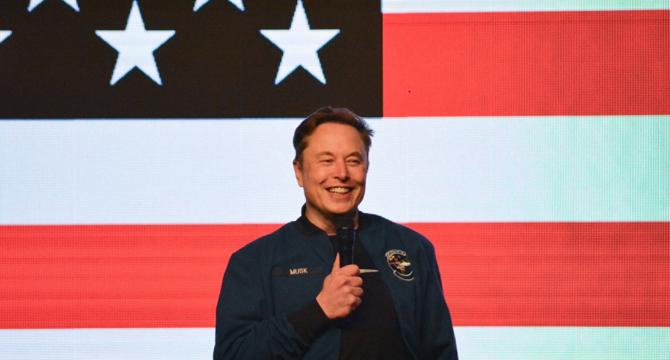TechCrunch
1M
96

Image Credit: TechCrunch
How Silicon Valley’s influence in Washington benefits the tech elite
- Several employees, allies, and investors of tech billionaires like Elon Musk, Peter Thiel, Marc Andreessen, and Palmer Luckey have taken roles in federal agencies under Donald Trump's administration, directing billions in contracts to their companies.
- These appointments raise concerns about potential conflicts of interest and ethical violations, as individuals with ties to these tech figures hold positions in departments overseeing their businesses.
- The unprecedented rate at which individuals connected to Musk have joined government agencies has raised red flags regarding ethics safeguards and potential misuse of public office for private gain.
- While some argue that having tech insiders in government roles can benefit innovation, there are concerns about favoritism and biased policymaking that may protect market dominance rather than serve the public good.
- Tech figures like Mike Kratsios are leading technology policy in the U.S., advocating for deregulation to support innovators but raising questions about expertise in governing non-tech-related sectors.
- A network of intertwined businesses between Musk, Thiel, Andreessen, and Luckey, along with their connections in federal agencies, has led to the steering of billions in federal contracts back to their companies.
- Thiel's Palantir, Musk's SpaceX, and Luckey's Anduril have secured significant government contracts, with SpaceX winning a $5.9 billion contract from the U.S. Space Force and Palantir being awarded millions from various government departments.
- The concentration of political power and private wealth among these tech figures poses economic risks by potentially influencing government decisions to protect specific companies and industries rather than promoting fair competition.
Read Full Article
5 Likes
For uninterrupted reading, download the app